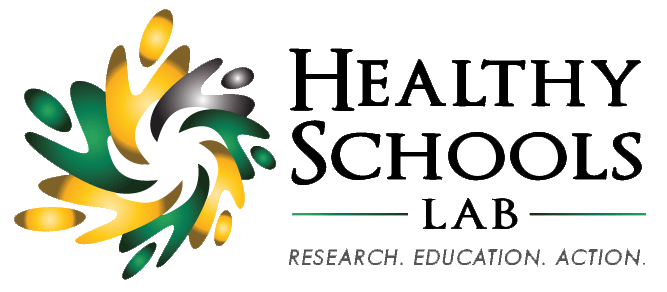A Poem About Standardized Testing
During our Process of Curriculum Development course (EDEL 561) we participated in a group project in which I was asked by the presenting group to review their presentation and then post a response in the discussion forum answering the following question: “To what extent should standardized testing be required in schools? Did your initial thoughts change on this topic? Why or why not?”. My response could be posted in a method catered towards my learning needs. In graduate school, it’s understood that you will spend much of your time writing, reflecting, and responding in an academic tone, so this was my opportunity to take a risk, get creative, and pose my response as a poem.
My initial thoughts have not changed you see,
As my province administers the OSSLT.
Literacy is the measured variable of choice,
Although teachers and students have no voice.
A question about the transit subway arose, (Ontario Ministry of Education, 2014)
But northern students had no idea I suppose.
The TTC subway is a city thing at best,
So the northern students may not pass the test.
The waste of money boggles my mind (Hutt & Schneider, 2018),
When 30 million is already hard to find (Rushowy, 2014).
Imagine if the funds were spent elsewhere,
Perhaps some teachers would have a pen to spare.
The PD shift to keep up with tests like these,
Erases students’ cultures and diverse histories (Au, 2022).
Testing like this should not be required,
The teaching and learning becomes too tired (Au, 2022).
Bridge the gap between teachers and tests,
Or change agents among us are soon to be pests (Au, 2022).
Tests like these serve one purpose alone,
“Elect me again!” seems the proper tone.
So if not the test what data should we seek,
The answer to me isn’t exactly unique.
Graduation rates provide what you need (Fullan, 2012),
A system in which all kids can succeed.
References
Au, W. (2022). High-Stakes Testing and Discursive Control: The Triple Bind for Non-Standard
Student Identities. In D. J. Flinders & S. J. Thornton (Eds.), The curriculum studies
reader (6th ed., pp. 297-306). Routledge.
Fullan, M. (2012, May 4). What America can learn from Ontario’s education success.
Michaelfullcan.ca. https://michaelfullan.ca/wp-content/uploads/2016/06/13462760640.pdf
Hutt, E & Schneider, J. (2018). A History of Achievement Testing In the United States Or:
Explaining the Persistence of Inadequacy. Teachers College Record, 120, 1-34.
https://journals-sagepub-com.login.ezproxy.library.ualberta.ca/doi/epdf/10.1177/016
146811812001102
Ontario Ministry of Education (2014, March 1). Ontario Secondary School Literacy Test.
https://schoolweb.tdsb.on.ca/Portals/northviewheights/docs/osslt-bklt-2014.pdf
Rushowy, K. (2014, September 10). Ontario standardized elementary and high school tests to
move online. Thestar.com. https://www.thestar.com/yourtoronto/education/2014/09/10/ontario_st
andardized_elementary_and_high_school_tests_to_move_online.html


